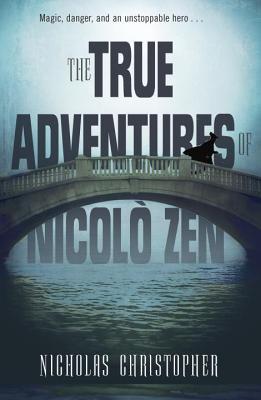If you did IB, that statement speaks for itself. If you didn't, you probably have no idea what I mean.
IB stands for International Baccalaureate. It's a worldwide program that effectively means that every student enrolled takes the same standardized tests at the end of high school, or the equivalent, but it's more than that. First of all, the official IB program is two years, like A-level years in the UK. At my high school, though, we entered Pre-IB in freshman year, taking classes that would prepare us for the "official" program, getting us used to writing the essays, to doing the community service hours, to balancing the homework. Pre-IB gave us the foundations in language and science we would need to go into IB-level courses, offered us the opportunity to take the Advanced Placement courses we'd get credit for at colleges that didn't understand IB. Really, though, these first two years weeded out the smart kids who maybe didn't thrive on that kind of intensity, and ensured that those of us who would continue into "real" IB were enrolled at the same school, because most of us weren't districted for it. It wasn't a state secret that they'd started the program at our school to bring up its test scores.
Maybe it sounds like I'm explaining a sort of intense AP program, those test-driven courses that give students at schools all over the country yearly breakdowns, but IB is more than that. As a snobbish teenager, I believed IB existed as an attempt to provide American students with an educational equivalent to hardcore European academic courses like the French baccalaureat. But then, why would the IB headquarters be in Cardiff? Why would there be IB programs in countries that have the bac, A-levels, and other rigorous exams? Why would the program require service hours, a thesis-like essay, and the signature course Theory of Knowledge? Why the regimented courses--five required subjects, one elective--rather than allowing tests to be sat à la carte like AP or SAT IIs? Because IB was created to be something more.
Doing IB, which is how current and former IB students refer to our time in the trenches, connects students across the world. My current roommate did it as well, in a school in New Jersey that only offered the program for five years, and although our experiences were totally different, our shared experience connects us in other ways. It's more than that she understands the phrases of my high school experience--EE, sixth subject, Internal Assessment. Students all over the US can bond over the structure of AP exam DBQs. IB affects the way we interact with the world. The program focuses on interconnectivity. Often we read books in English that illuminated something we'd covered in History of the Americas. Analyzing a play for IB Theater led you to reconsider something you'd said in a Theory of Knowledge discussion. This was why we couldn't take IB Biology and not English, why dropping out of the program often meant switching schools--to somewhere that you could get away with As in Chemistry and Ds in History--and why choosing to take Math Studies barred you from taking Chemistry.
Not that we didn't have choices. We chose our language, our science, our sixth subject--aka the elective in which you be examined on an IB level--and our math. But no matter what track we were on, class discussion usually meant we had some understanding of the road we didn't travel. We did cross-discipline projects in science. Our Calculus teacher sometimes spent time explaining a concept we hadn't grasped in TOK. Our French readings were about current events, we read novels to understand the zeitgeist of historical periods, and our writing abilities were tested in epic math projects that required a knowledge of Fibonacci's history. Everything connected.
This connective thinking was celebrated at my liberal arts university, enough so that it helped land me my scholarship. The Core program there mimicked IB's emphasis on applying one subject to understand another. So, basically, I've spent the majority of my time as an engaged, thinking person examining things in a larger context, using multiple disciplines, and knowing that nothing exists in a vacuum. It effects everything I do. I've been particularly aware of this in my reading lately--a lot of Middle Eastern lit--and it made me think about the content of my high school experience, not just the context, which is why I wanted to give this detailed background before I go into my thoughts about current events, the complexity of cause and effect, and how I see all of that affecting my own thought processes.
